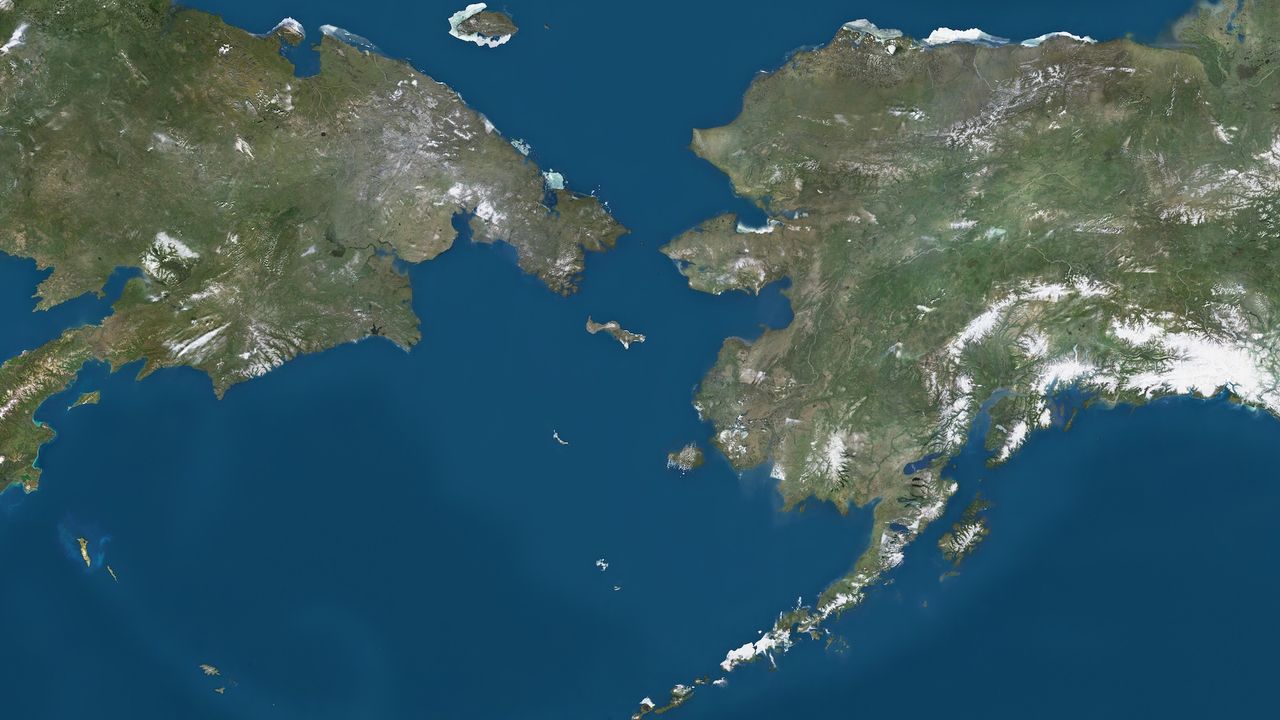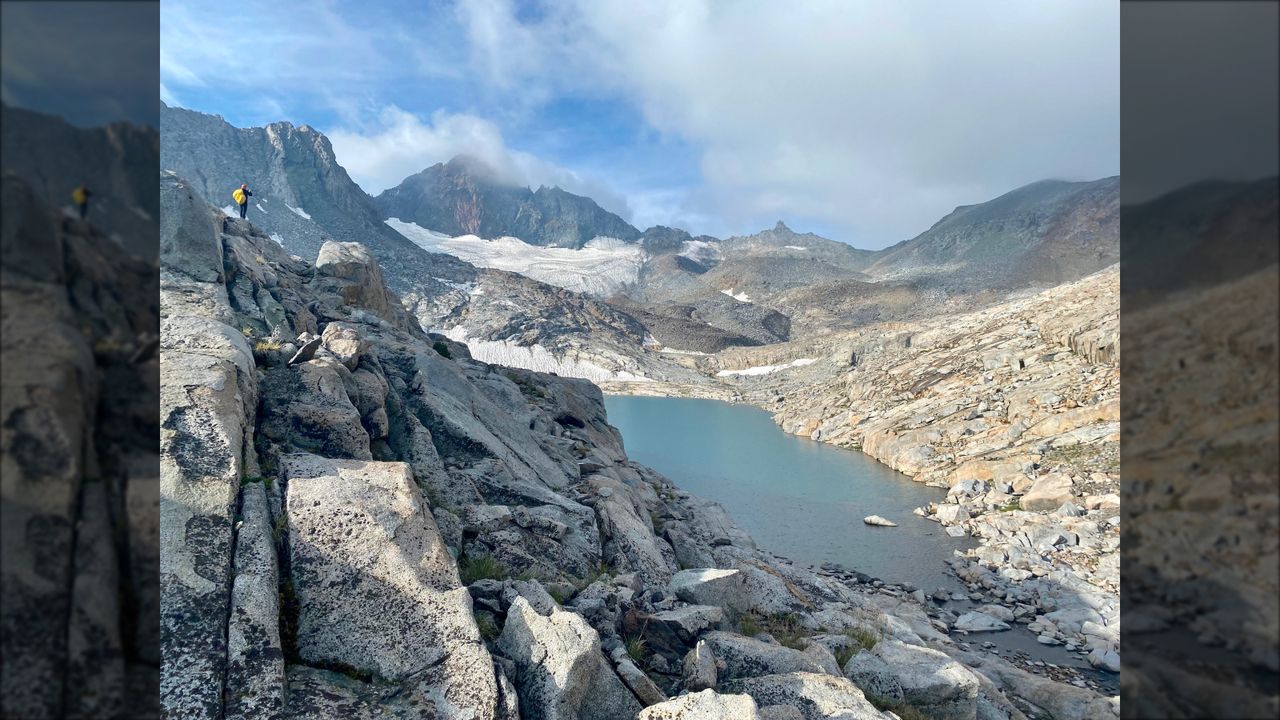Will Labour’s fracking ban end practice in the UK for good?
PositiveScience

Ed Miliband's recent announcement to expedite Labour's fracking ban is a strategic move aimed at preventing potential voters from supporting Nigel Farage's pro-fracking party, Reform. This decision is significant as it reflects Labour's commitment to environmental issues and could reshape the political landscape in the UK, especially as the country grapples with energy policies and climate change.
— Curated by the World Pulse Now AI Editorial System






